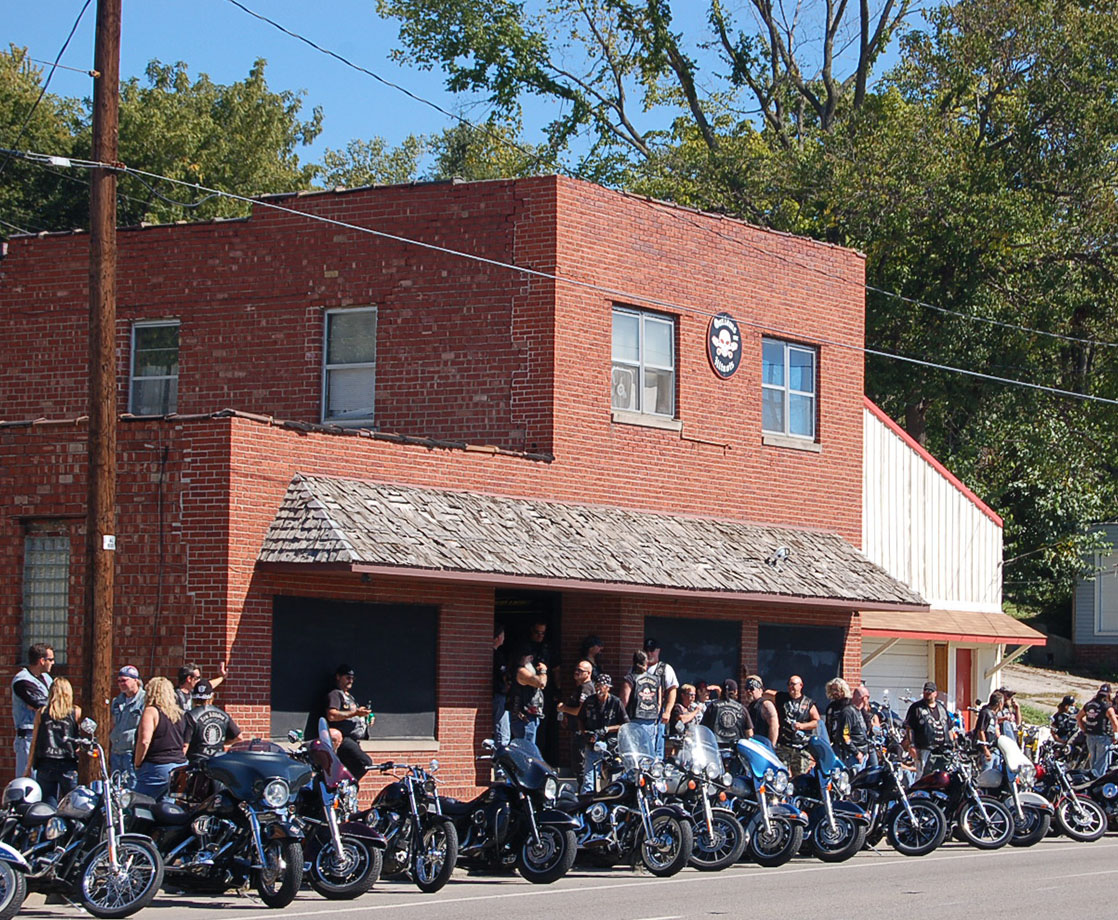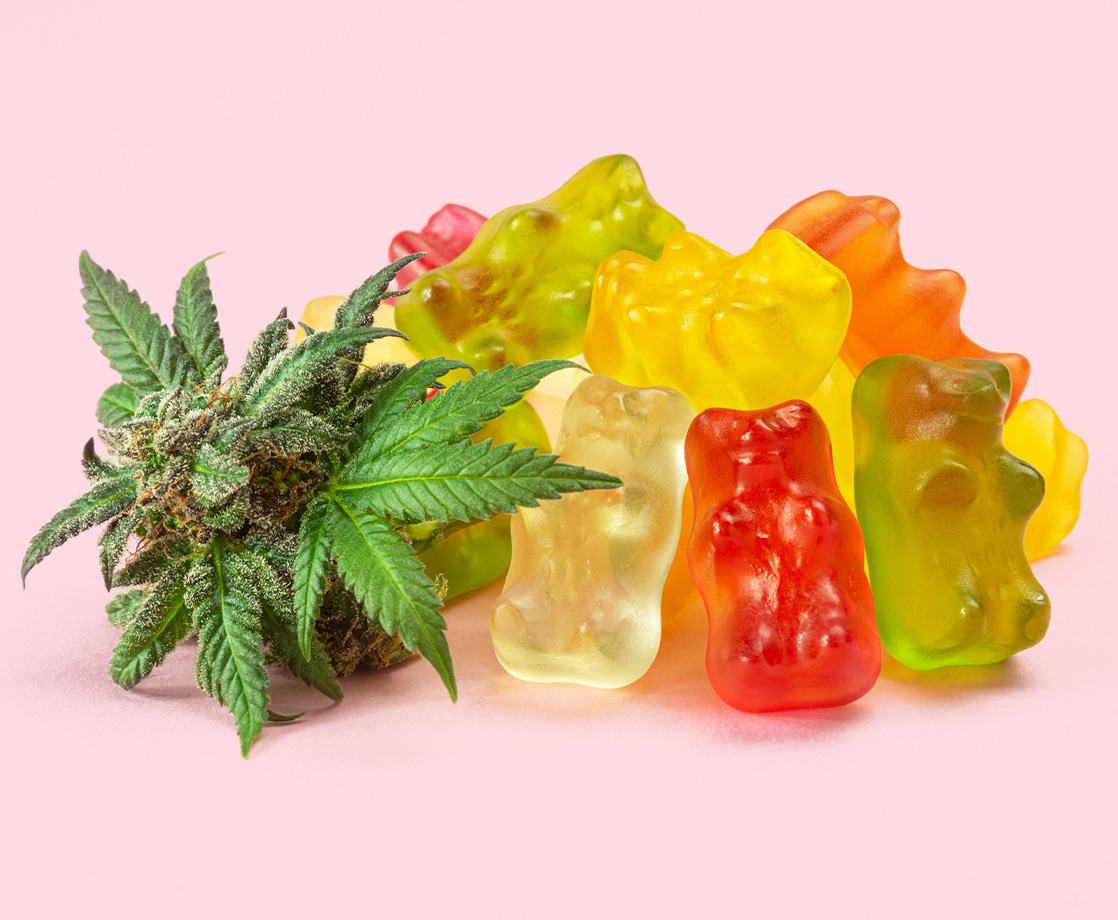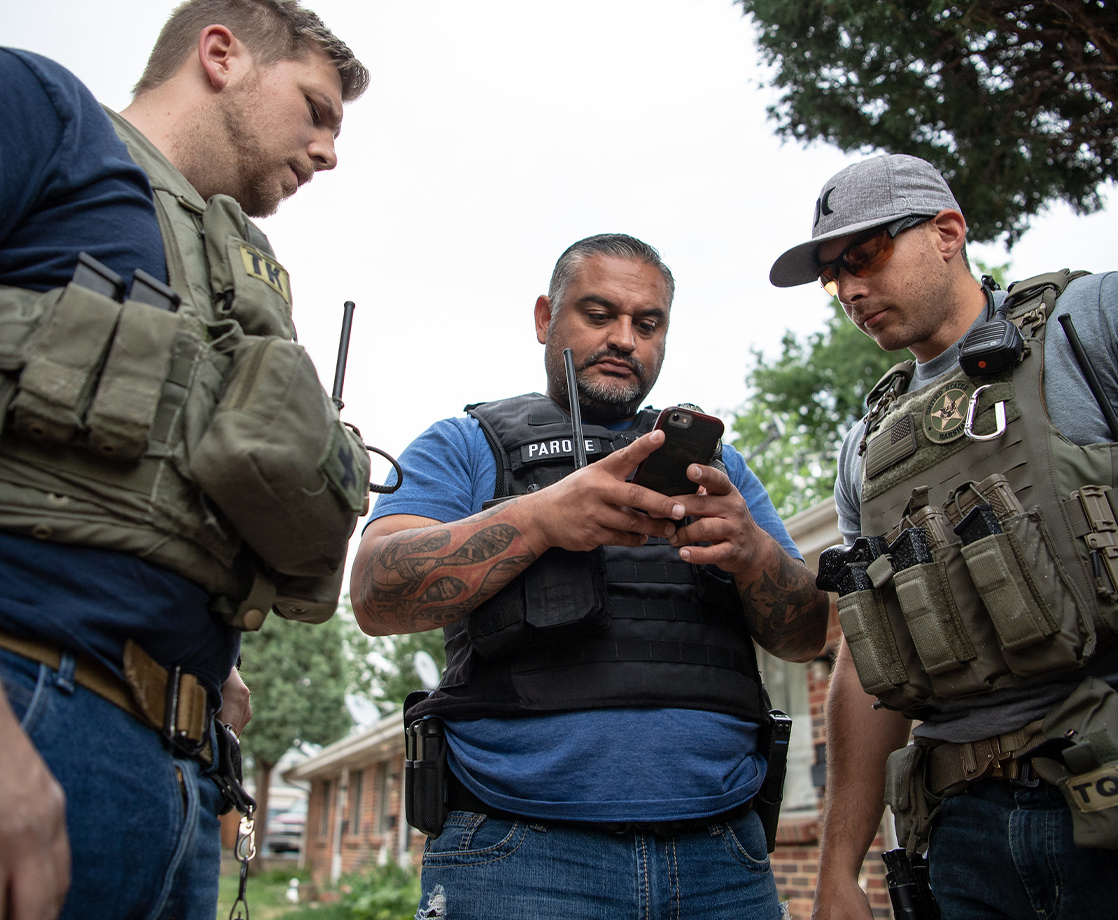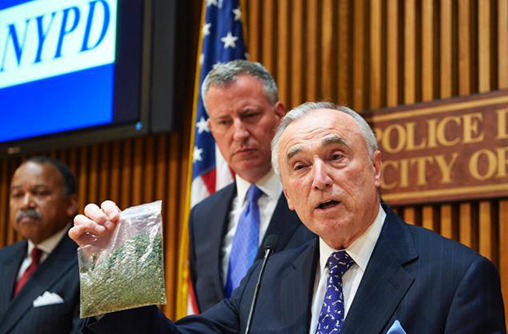All photos courtesy of Peter "Big Pete" James
When Peter "Big Pete" James first got involved with The Outlaws in the mid-90s, the motorcycle club was involved in a vicious war with The Hells Angels for control of Chicago. The Angels were trying to move in and establish a foothold in the city and The Outlaws weren't having it, but a lack of organization hindered their defense. A disjointed effort resulted in a series of sporadic retaliatory bombings, fights, and shootings as the bikers battled for supremacy. When The Outlaw leaders and members went to prison for their crimes, Big Pete scaled the hierarchy, consolidating his power base and bringing order to the club
Big Pete had a plan for the motorcycle club, which had been in existence since 1935, and his first action as boss of the Chicago chapter was to unify the various Outlaw cliques into a united front. He succeeded and The Outlaws, by sheer numbers, forced the Angels into signing a truce. By ending the war, insulating himself from the clubs' criminal activities, and establishing himself as the undisputed leader, Big Pete gained power, prestige, and admiration in the biker world. He ruled Chicago for two decades by absorbing smaller clubs into The Outlaws, working with the mafia, and settling disputes among his constituents. But a bout with cancer effectively ended his reign around 2015, and his subordinates increasingly did what they wanted despite Big Pete's orders.
In a new book, The Last Chicago Boss: My Life with the Chicago Outlaws Motorcycle Club, out now on St. Martin's Press, Big Pete details his life story with help of noted biker scribe Kerrie Droban. With chapters like "Rock Star," "Wiseguys," "The Angels Are Coming," and "God Forgives, Outlaws Don't," the former Chicago boss offers a unique vantage into this one-of-a-kind lifestyle. MERRY JANE talked to Big Pete by phone to get the lowdown on how he managed to avoid getting locked up throughout the years, why he decided to go against protocol and publicize his story, and how Sons of Anarchy pisses off real-life biker clubs. Here's what the iconic club leader had to say.
MERRY JANE: How did you manage to never get locked up through all the years of being Chicago's Outlaw boss?
Big Pete: In 1978, I read this book called Snowblind and this guy was one of the first guys who actually started talking about how you can't do anything for more than two years, criminal wise. If you do anything for more than two years, you're going to get caught. Later in my life, I was talking to this investigator and the guy said, "It takes a year for them to find out about you, and it takes another year to build the case. If you stop everything at two years then it's over." I told myself, OK, if you're going to do this stuff, you have to do it right. Even when I was in college and was a pretty successful peddler.
Anybody can go to prison. That's not hard. Especially in this day and age in the United States. The goal is to stay out of prison and know when to call it quits. I don't take credit for the two year rule, but I developed it from reading that book. That has saved me more than anything else I ever did. It didn't matter what I was making, how safe I felt. That didn't mean that six years later I wouldn't go back to it. I made sure if there was any violence — with DNA and all the things they have to catch you — you can't be penny wise and dollar foolish. A lot of guys don't look at the bigger picture.
As a major figure and leader in The Outlaws, why did you decide to leave the club and go public with your story, especially since The Outlaws' motto is "God forgives, Outlaws don't"?
That's a really bittersweet thing. I didn't really set out to do it. But there were a couple of things that happened that pushed me into writing the book. I'm only speaking of Chicago and the state of Illinois. What goes on in all the other Outlaw nations, that's their business. I stayed out of their business. I was very low key with that. A lot of guys don't play it that way, but I did. That was my choice. In every situation, it always come down to one thing. As I was kicking the whole thing around I wasn't sure what I was going to do. There was an incident and the incident was fucked up. And here's why.
I believe in the saying, "honor among thieves." If we're all going to be thieves, than we have to have some honor amongst ourselves. It doesn't matter what anyone else says or does. I know there are laws and rules, but I look at those like nothing more than suggestions. If I don't like them or don't believe in them, then I don't follow them. But there has to be honor amongst the thieves, and I don't even mean that we're all thieves. It's an old saying from a long time ago. You have to have a certain amount of honor. For example, you do not do things in front of a family. You do not do shit in front of kids. That is a fucking no-no. Whatever you want to do to the individual — which I thought was a bad idea in this case — you can't break the honor amongst thieves.
What they decided to do, they did it in front of families and friends and kids. And that's wrong. That's so fucking wrong and I don't give a shit whats going on or what the story is. That's wrong. That pushed me to the breaking point. I'd like to give you the specifics, but the guy that it happened to has chosen not to have it go to print. The guy that got beat in front of his kids has decided that, and I have to respect his wishes. If it was up to me I would front these guys out because that's not what you do in this world. I'm not calling the shots anymore so they can do what they want, but I was so pissed at what happened. In the conversation that took place after that I was like, are you fucking serious?
How do you think the TV show Sons of Anarchy caused problems for biker clubs like The Outlaws?
When Sons of Anarchy came out it was like The Sopranos. Everybody that watched Sopranos wanted to be a mobster. Same thing with Sons of Anarchy. It came out and everybody wants to start a club. But people who aren't in the motorcycle world don't understand that there's a pecking order and rules. You will follow those rules or you will not exist. I know that today is a little different than it used to be, but when Sons of Anarchy first came out it was like, no.
People used to come to me and say, "Here's my new club. We want to introduce ourselves, what do you think about our colors, our name, etc." Before Sons of Anarchy, maybe one group a month would come to see me. After Sons of Anarchy, I was getting two maybe three [visits] a week. It was insane. It caused me problems like, "Here comes five or six guys through the door of the clubhouse." They say, "This is our name, blah, blah, blah," and I have to try to steer them in the right direction. I don't want to open myself up for any predicate act. If I give them a little sanction that can lead to a RICO [the Racketeer Influenced and Corrupt Organization Act] charge.
Out of the 40 clubs that I approved, if they came in and said we want our sanctioning, I would say, "No, you're not getting my sanctioning. I will tell you want you have to do, I will tell you how to do it, but you'll have to do this all on your own." I was very aware of that. I actually caught some heat from the guys up above me for starting all these clubs. They were like, "You can't do this," but to me it was simple. Start these guys up and try to bring them in the fold, which I was pretty good at, or don't let them start up and then have the potential problems.
How do you think The Outlaws have changed since you first joined?
It's not so much The Outlaws because the core values are still there. It's the people and how times have hanged. The core values and the rules and the beliefs are the same for the club, but because of the newer people that have come in, things have changed. But if you focus on 1995 to 2015, it's a 20-year span. The difference between those guys that took on the Hells Angels in the 1995 versus the guys that were around when I finally left and had my falling out is night and day. I think that came from all the major clubs growing. And once you start to grow, the standards are dropped a little bit. I think that's the major thing.
You don't have the same type of dude that says, "Hey you know what, these are what our beliefs are. This is what we are going to do." Those guys are gone. And I think the other thing that helped change that is just society itself. Coming through the '90s, when all the sentencing changed with longer prison terms and no parole, it changed guys' mentality. I remember a defense attorney telling me, because there were some times when there were close calls, "Times have changed." It used to be guys got 3, 5, or 7 years and everybody was a stand up guy, but with 15 and 20-year sentences, 25 and 30-year sentences, that really tested guys. People didn't want to take those risks anymore.
If you look at that movie Blow with Johnny Depp, he gets pinched with 400 or so pounds in Chicago and jumps bail, but the original sentence was like three years. Now the sentence would be like 20-30 years. I was actually involved in sending commissary money to the brothers in prison, but I would notice the guys drop off over the years. It's really sad, but life goes on. Absence does not make the heart fonder. The standard of what the club believes in is the same, but when it comes down to it a lot of guys don't stand up.
"The Last Chicago Boss: My Life with the Chicago Outlaws Motorcycle Club" is out now — order your copy here
Follow Seth Ferranti on Twitter














